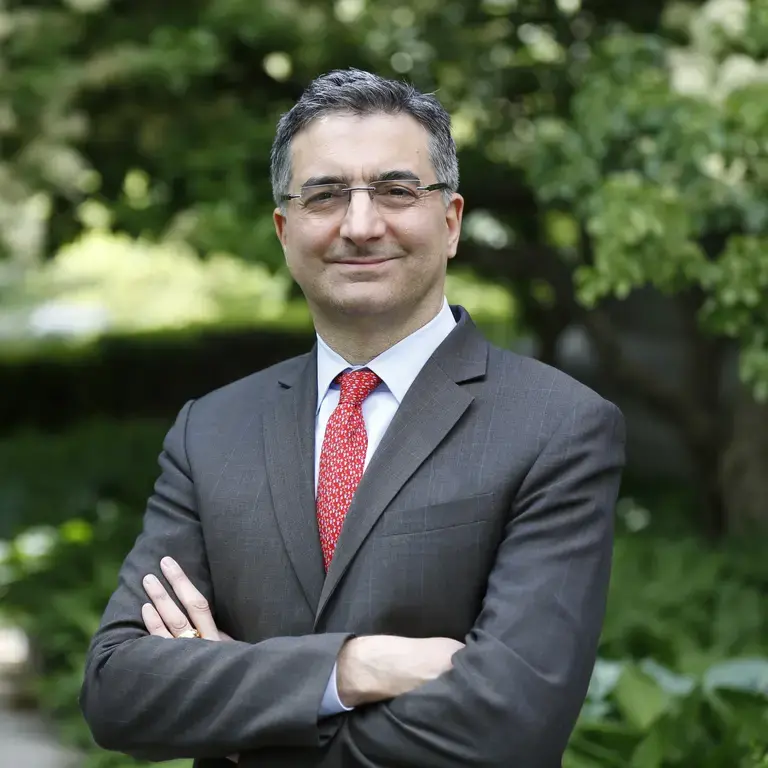On Friday, April 3, New York passed a statute to protect health care facilities and professionals from the looming threat of malpractice suits. Dr. Klitzman, director of Columbia University’s Bioethics master’s program, says that other states should follow suit. Doing so, he argues, gives doctors the assurance they need to “use their clinical judgment” rather than weighing non-medical factors such as lawsuits or criminal charges later, “assuming, of course, they were not the product of willful or intentional or reckless misconduct, gross negligence or the intentional infliction of harm.”
Although the state reported its first decline in daily deaths on Sunday, New York continues to grapple with a shortage of facility capacity, equipment, and available professionals, forcing hospitals to start planning for life-or-death decisions about access to crucial devices and procedures should the situation worsen. While Dr. Klitzman advocates for immunity, he also recommends transparency with the public.
[P]olicymakers and health care providers must be clear to the public about the rationale behind the law, and they must develop standards of care to guide decision-making."
In addition, he calls for protections for vulnerable groups: “Ethnic and racial groups that have long faced discrimination and lower quality health care may worry that this action could lead to further disparities in the care they receive. And the disability community is already concerned that doctors might discriminate against them, letting them die in order to help “healthier” patients.”
Read the full article in The New York Times and learn more about the M.S. in Bioethics program at the School of Professional Studies.



